Season Review: Disenchantment Season Five
Overview:
Bean makes one final go for freedom as she tirelessly wrestles control of Dreamland away from Dagmar and Satan. Bean visits some interesting places along the way and cashes in on a lifetime of favors while she contemplates the future–not just for Dreamland, but for herself.
Our Take:
Disenchantment has faced a tough lot from its start when it wasn’t immediately Futurama or season five of The Simpsons. Disenchantment has ultimately opted for a more textured story that hasn’t hit the comedic or melodramatic heights of either, but has still managed to create a real, fleshed out world that’s been a pleasure to spend five seasons in, especially when it properly sticks the landing rather than overstay its welcome.
Disenchantment has put in its dues, which has been a slog in the past, but begins to pay off in this farewell season. This final season begins with the most energy ever and is easily Disenchantment’s most engaging year. Dagmar and Satan’s hostile takeover and Bean’s alleged death are rich material to fuel the season that also creatively divides the main characters. The rest of Dreamland rises to the occasion and grows in Bean’s absence. They channel how much she’s helped them all change, which in turn allows her to move on and have her own life rather than one that’s been prescribed to her through lineage or destiny. It’s a really fun contrast to the show’s first season where Zog is the greatest threat to this lost society. Disenchantment draws several parallels that highlight how much everything has evolved since the show–and Bean’s–humble beginnings.
This is Bean’s season, in more ways than one, and her journey this year is quite heartwarming. Bean’s new relationship with Mora the mermaid is really beautiful, natural, and it forces Bean to really reckon with her family, who she is, and who she wants to be, which is something that she’s never actually had a chance to previously consider. Mora also gets to really blossom and become a layered character who surpasses naked mermaid stereotypes and helps make Bean a better, more understanding person in the process.
Bean also has to ultimately come to her father’s rescue, which provides some beautiful symmetry to Disenchantment’s first season and allows these character’s relationship to come full circle in a way that feels very authentic. She gradually becomes a savior to not just her father, but all of Dreamland and at a point when she’s finally ready to embrace such an important role. There are even some superpowers for Bean that don’t feel too incredulous or dominate the season, despite how radical of a turn it is for the character.
Alternatively, there’s substantial character development for the entire cast, with Luci and Elfo getting their most rewarding material ever. This duo is also heavily occupied with Bean’s doppelganger Terminator, which is an idea that surprisingly sustains itself over much of the season while Bean is off with Mora taking out their own invincible demons.
This final season provides some satisfying closure for those who have been with this show from the start, yet have become listless with the ways in which it’s repeatedly treaded water. This is especially true with the ancillary characters (even the one-note ones like Scruffles, Freckles the murderous puppet, or Satan’s hog monster disciple), where all of these figures feel like natural extensions of the weird world that’s been building for five seasons. Sharon Horgan really does great work as Bean’s mom, Dagmar, and is low-key the standout performance of the season, along with Rich Fulcher’s work as Satan. They’re both such distinct, lived-in performances in a show where a lot of the voice acting can feel incidental and thoughtless.
Disenchantment tells some particularly entertaining side stories (many with Zog) that know how to have fun with all of this and can succeed on a standalone episodic level, like Zog fighting machines for sport. Steamland explores some glorious riffs on P.T. Barnum spectacles and Metropolis-like levels of pseudo-future that’s a creative, unexpected angle for what’s largely been a played out facet of this world. There’s a strong Jack the Ripper runner through Steamland’s Stabbing District that also adds a lot of personality to some tired tropes. On that note there’s some truly excellent animation and set design with Steamland’s amusement park that takes on such a psychedelic quality that’s new to the series.
One of the strongest moments from the entire series occurs in the season’s premiere where Disenchantment explicitly acknowledges its convoluted lore and how it’s become increasingly difficult to stay on top of after such gaps between seasons. This self-aware self-deprecating tone would have really helped Disenchantment during its earlier years rather than taking itself so seriously and getting lost in cumbersome world-building. Disenchantment’s biggest issue has always been the dissonance between whether it wants to be a serious serialized show or a fun, frivolous riff on fantasy tropes.
Disenchantment has built quite an expansive world five seasons in and even though it’s not the show’s strongest suit, there are moments in this final season when all of these disparate elements do finally begin to come together and feel natural. This is arguably Disenchantment’s strongest season since it’s when it finally figures all of this out. It’s just bittersweet that it’s now too late. There’s definitely a freer energy to this final season where the writers seem as if they can go for broke since this is their last shot with these characters and their world. These episodes really key into a relentless, ridiculous style of humor where a major laugh occurs every few seconds. Matt Groening pens the super-sized series finale, which succeeds as a sweet reminder of how much he loves this universe and its characters. It’s one giant “happily ever after” epilogue.
People have been too harsh on Disenchantment and held it up to impossibly high expectations that were destined to fail. It’s unfortunately taken a little too long for Disenchantment to get out of its own shadow, but once it does it really comes together as a whole and turns into something special, albeit flawed. Disenchantment’s final season finally turns its weaknesses into strengths and concludes with grace, something that The Simpsons has struggled to do. Disenchantment will hopefully go on to find a larger audience moving forward now that the entire series is available and can conveniently be binged. Disenchantment absolutely plays better in this complete context rather than a narrative that’s divided by lengthy breaks between scattered storytelling. It will be interesting to see if Disenchantment builds a surprising legacy in the years to come. Bean says it best: You never know what tomorrow holds.

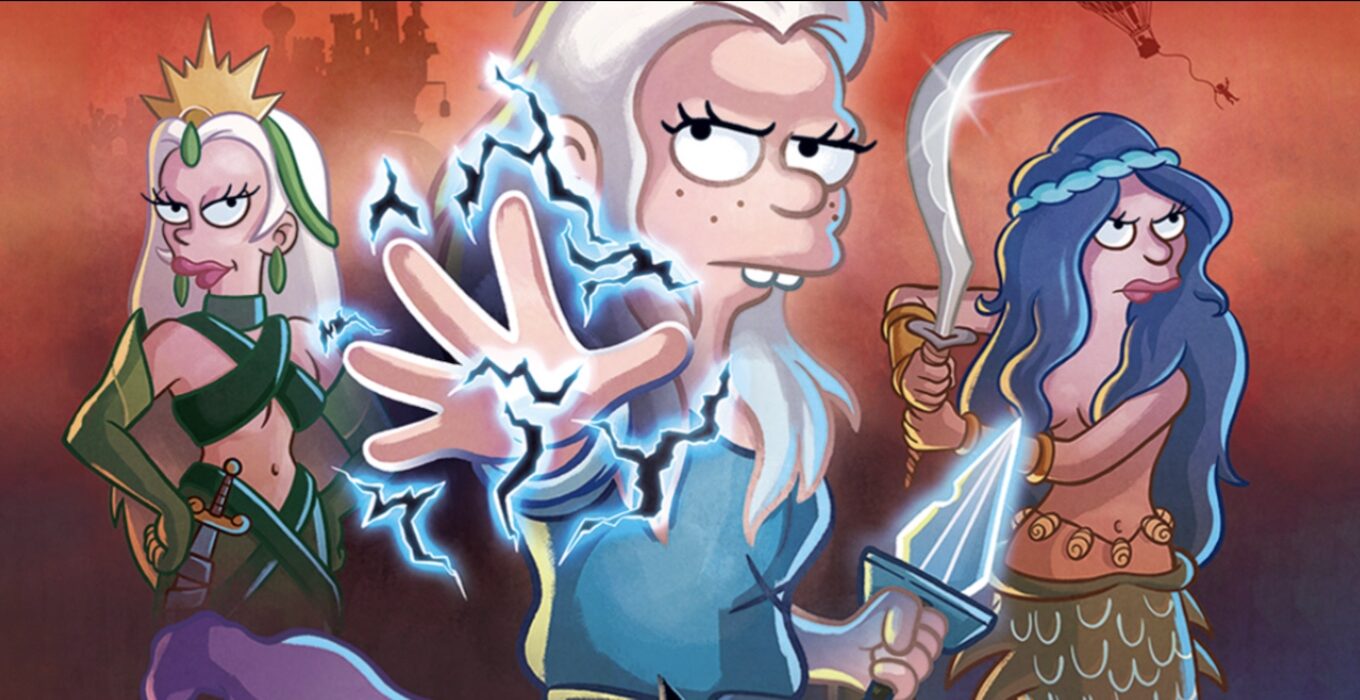
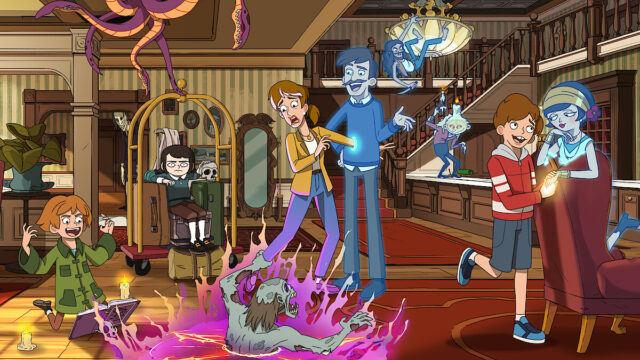
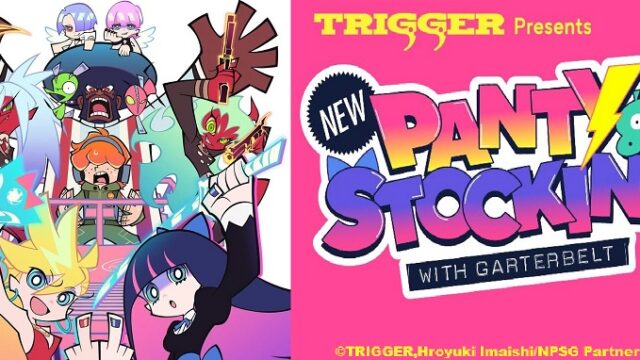
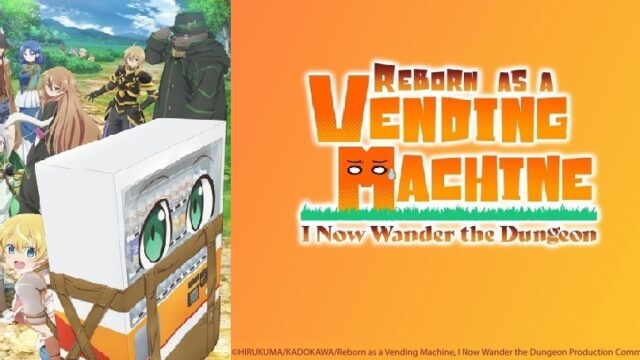
















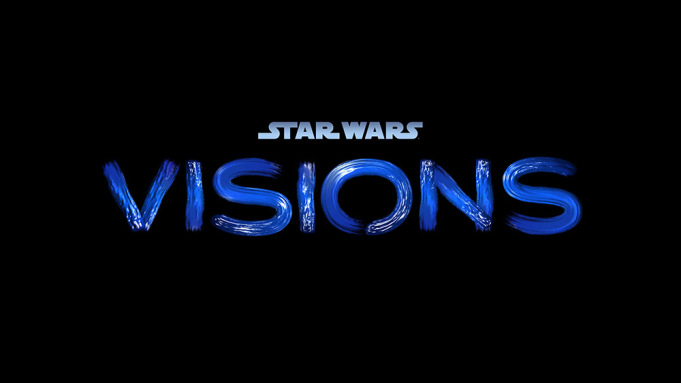



"There are also other characters that come and go (also owned by the Warner Bros. Discovery conglomerate media company)."
Huh. Is that just referring to other characters from the show itself, or is this implying that the new season is going to have cameos from other WBD IPs